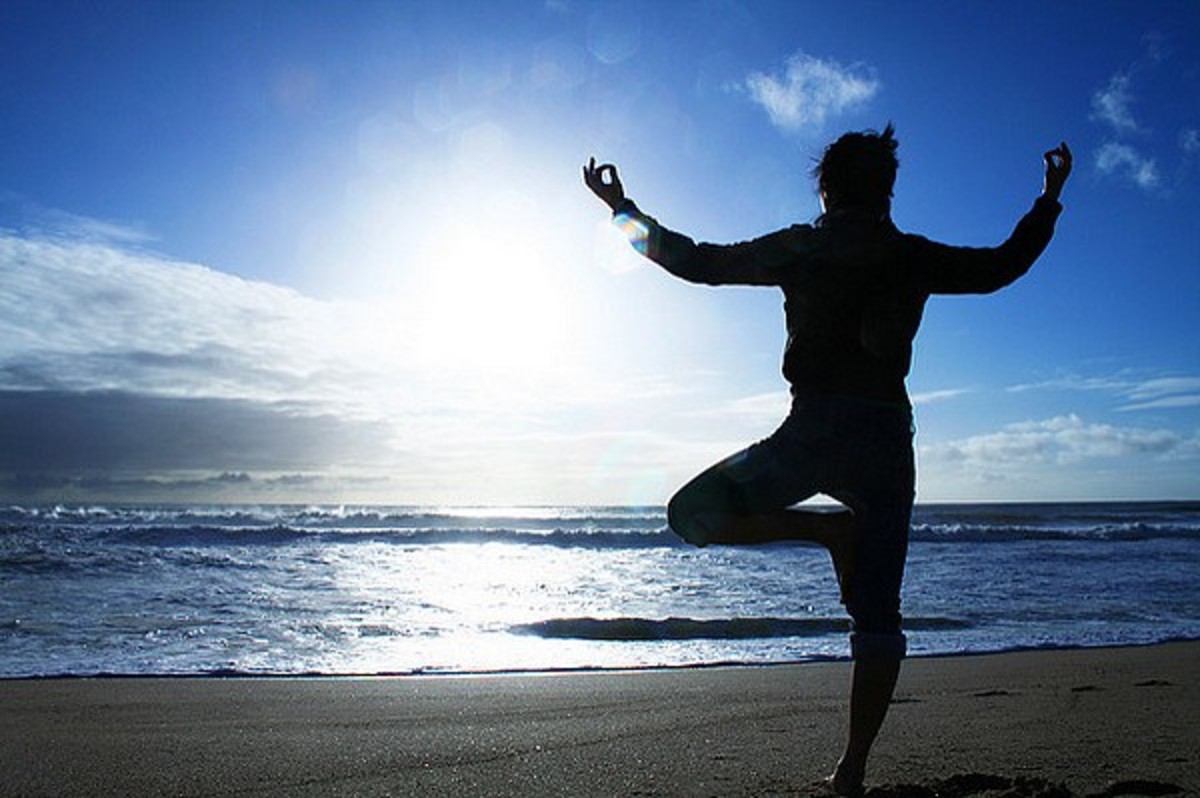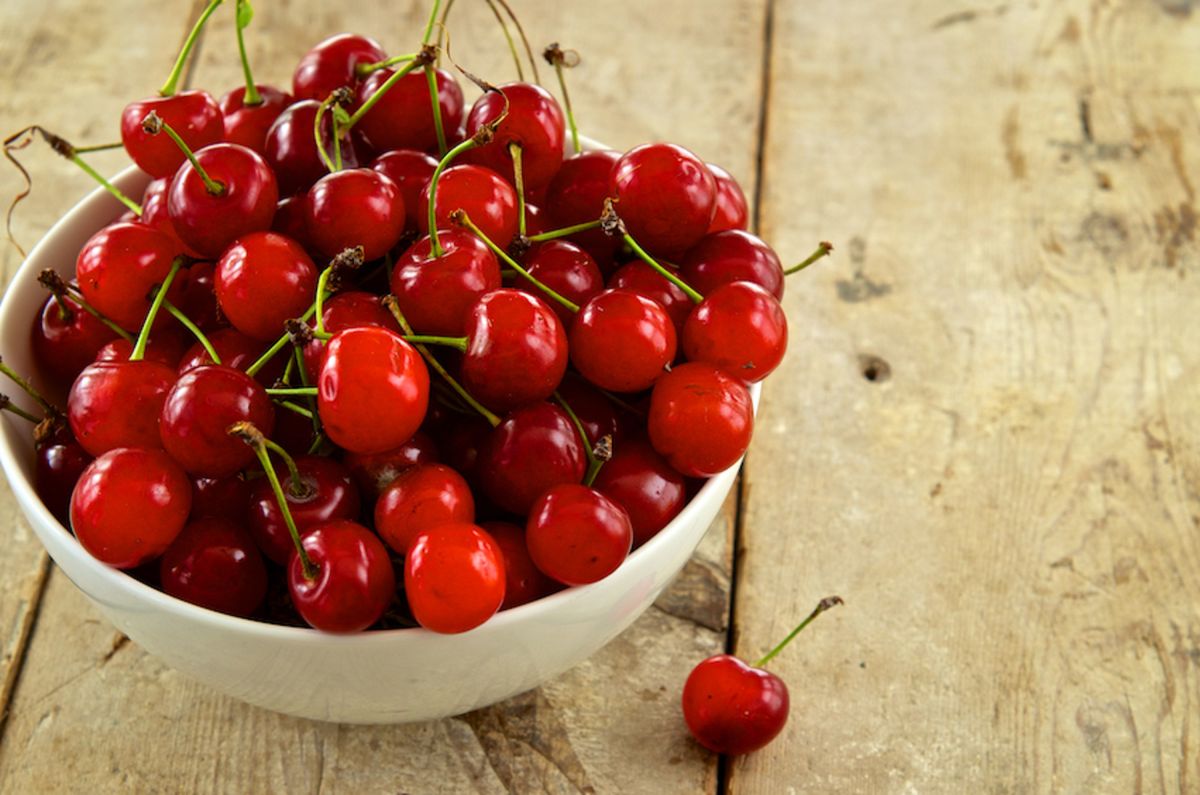I Need a Nap!

With all the demands in our lives do you ever find you just don't have enough energy? Do you need a nap in the afternoon or find you are dragging yourself to bed at night?
Here are some ideas to give you an extra shot of energy at those times of the day when you might just need some help:
Drifting Away
If you find yourself drifting away during a particularly boring business meeting in the early afternoon it is likely due to the natural mid-afternoon circadian lull. Here is a massage technique that can give you that energy boost you need.
Using a circular motion, massage the webbed area between your thumb and index finger for about three minutes. This helps to stimulate the nervous system - it's a form of acupressure.
I Need a Nap
In the late afternoon, after a demanding day at work that only contributes to your stress levels and has you feeling worn out, you might need a little breather.
Here is a breathing exercise that can give you a bump in your energy.
Standing straight with one hand on your lower belly, inhale deeply to extend your abdomen as it fills with air.
Then, exhale while watching your hand drop back in towards your body. A round of three to five cleansing breaths should do the trick. This simple exercise can actually help you feel more alert and productive.
Give me My Bed
By the time early evening rolls around, your body naturally starts to increase its melatonin levels to help you get to sleep.
However, if you still have chores to do around the house you might need something to give you a little lift that doesn't include caffeine.
Stand with your back against a wall, raise your arms overhead, and with your feet a few inches from the wall. Pretend your back is stuck to the wall and slowly peel away from it by rolling forward as if you were going to touch your toes.
Then, unfold back up, slowly. This helps to stimulate the flow of fresh blood and oxygen to your head and actually refreshes your mind and body.
Sleep and the Foods You Eat
I know you’ve heard it said many times before: you are what you eat! Since your diet directly influences your health as well as the way you feel, shouldn’t the natural conclusion be that it also can affect how well you sleep or not!
Watching what you eat to make sure your diet doesn’t hinder your sleep patterns isn’t really that difficult.
Many people seem to rely on drugs that are either prescribed by their doctor or purchase over-the-counter sleeping pills rather than taking a look at the food they eat.
Taking a pill does not correct the source of the problem.
Unfortunately for many people, once they start relying on sleeping pills their bodies become immune to them and as a result, they don’t work anymore.
The other downside is that you often wake up groggy and sleepy as if you didn’t get to sleep at all. I’m sure that is not the feeling you are looking to get in the morning.
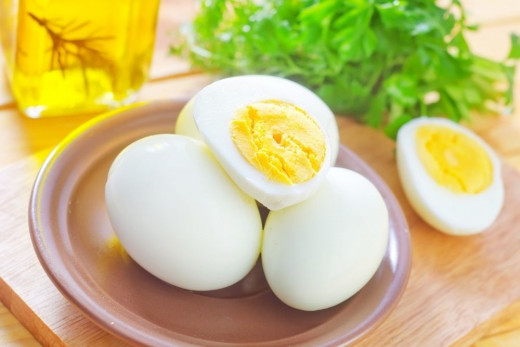
Books to Put You To Sleep

Making sure you are eating the right foods can help you get on the right path to a good night’s sleep. Not only do these foods help you get to sleep they also benefit your overall health.
Who knows, maybe you could lose a few pounds as insomnia has been connected to weight gain. Another point to consider is that choosing to eat the right foods doesn’t have the same negative effect on your body that using medications can have.
The next question to ask of course is; what do you eat? Tryptophan which is an amino acid found in turkey is one of the elements that can help you get a good night’s sleep.
Tryptophan can also be found in dairy products, beans, and other protein foods.
Eating plenty of fresh fruits and vegetables will certainly help too. Eating healthy whole foods can not only lead to a healthy body but can contribute to getting a good night’s sleep.
Another point to take into consideration is to not go to bed with a full stomach. Your body will have to spend energy to digest the food which will only contribute to you staying awake.
Make sure you have your last meal three or four hours before you plan on going to bed.

Best Bedtime Habits
Getting to sleep and staying asleep can seem impossible sometimes. You end up being irritable the next day and struggling to stay away for most of the day.
All you can think about is having a good night’s sleep. You might even find it hard to concentrate and that cup of coffee is just not doing it anymore.
Getting a good night’s sleep is critical to your overall health. It helps improve your immune system and helps to repair damage caused by the everyday stresses of life.
Sleep is just as critical to your health as good nutrition and getting regular exercise. The lack of sleep can lead to depression, excess weight, and high blood pressure.
Top Ten Habits for Getting a Good Night’s Sleep
- Stick to a schedule of going to bed at the same time each night and getting up in the morning whether it’s the weekend or a holiday.
- Avoid exercising and stressful activities at least two to three hours before you go to bed.
- Avoid drinking caffeine and alcohol.
- Your bedroom needs to be completely dark. Use blackout drapes if necessary Also your bedroom should be quiet
- No light whatsoever. Also, keep it quiet and well ventilated.
- Avoid heavy, spicy, or sugary foods at least four to six hours before bedtime.
- Your bedroom should only be used for sleeping. If you need an office area in your home make sure it is somewhere else in your house. Also, leave the TV in the family room. Your body needs to associate your bedroom with sleeping.
- Try relaxation methods such as deep breathing or listen to a meditation tape before you go to bed.
- Try to turn off your mind and not think about what you have to do tomorrow or the problems that you have to deal with. Have a notepad and pen by your bed so that you can write down anything you need to remember for the next day.
- Reading for a few minutes before bed is an excellent way to relax.
- As a last resort use the tried and true method of drinking some warm milk or having a banana before bed to help you fall asleep.
And, pleasant dreams!
Rainstorm Sounds for Relaxing, Focus or Deep Sleep
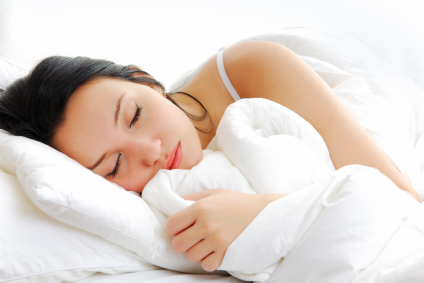
Natural Supplements for Sleep
There are many natural supplements that can help you get a good night’s sleep. One of the most popular is chamomile.
Brew yourself a nice cup of chamomile before you go to bed to help you relax. Chamomile was considered a remedy by the ancient Egyptians to promote calm and relieve anxiety.
When steeped, chamomile tea smells of freshly cut apples. Chamomile tea is free of caffeine and is delicious when served with honey.
There are plants and herbs that can have a sedative or relaxing effect on the body such as valerian root.
The root of this plant has been used for thousands of years as a remedy for sleep and digestive problems as well as for headaches and arthritis. Valerian root is available as a capsule or tablet, as a tea, and also as a liquid extract.
Melatonin is one of the most popular ingredients in sleep supplements. It is a hormone that is produced in the brain by the pineal gland from the amino acid tryptophan.
Melatonin is released by the onset of darkness and suppressed by light. Levels of melatonin in the blood are highest just prior to bedtime.
SAMe which is an amino acid and normally found in the body can be used as an antidepressant but is more commonly used as a herbal sleep aid. It helps to promote healthy sleep cycles when taken daily over several weeks.
When choosing an herbal supplement to help you to get to sleep talk to your doctor or an experienced herbalist at your health food store.
Magnesium for Sleep
Are you are woken up by noises during the night? The problem could be magnesium deficiency. This inexpensive dietary supplement has a calming effect on the nervous system which can help to resolve a lot of sleep disturbances.
Well over 200 clinical studies have been published on the importance of magnesium and what it can do to contribute to improve your health and well being. Completed within the last ten years, these studies support the theory that changes in our diet have further contributed to the depletion in our bodies’ reserves for this important mineral.
These studies have shown that insomnia is a problem with many people and is caused by a lack of magnesium. The mineral helps to easy anxiety, relaxes muscles and nerves which can only help to improve your sleep!
Take Magnesium to Sleep Like a Baby
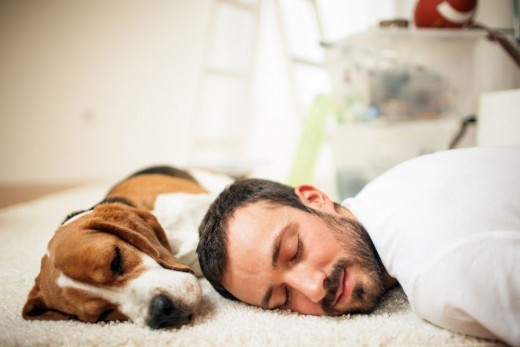
Restorative Sleep
Getting a good night’s sleep is critical for our physical, spiritual and emotional health and well-being. The amount of sleep that you need depends on a number of factors, including your genetic make-up; the amount of exercise you get; your daily activities; your age; and the quality of your sleep.
If you wake up feeling refreshed and ready for the day, then you have had enough sleep for your needs.
If you fall asleep the second your head hits the pillow, you are most likely sleep deprived and excessively tired. Give yourself 10–15 minutes in bed, in the dark and alone with your thoughts before you fall asleep.
If you consistently need an alarm clock to wake up, you’re not getting enough sleep.
Be sure to sleep in complete darkness. That means turning off the TV, nightlights, and bright alarm clocks.
A small amount of light at night suppresses the body’s production of melatonin, a natural hormone that regulates the body’s sleep-wake cycle and plays a vital role in other important biological processes.
Not getting the proper amount of and the best quality sleep may have serious consequences. Many studies have shown that sleep deprivation adversely affects performance and alertness.
Reducing sleep by as little as one and a half hours for just one night reduces daytime alertness by about one-third. Excessive daytime sleepiness impairs memory and the ability to think and process information.
Some Helpful Tips:
- Be consistent– go to bed at a regular time each night.
- Exercise regularly – reduces stress that can keep you awake.
- Cut out caffeine and quit smoking – they are short-acting stimulants that disrupt sleep.
- Nix the nightcap – alcohol disturbs the way your body flows from one stage of sleep into the next.
- Turn off the TV – doesn’t help to relax you or help you to wind down.
Useful Sleep Links
- Relief for Insomnia
Having trouble getting to sleep or staying a sleep? Maybe it's your diet! Coffee: try drinking coffee only before 11:00 a.m. and not later in the day. Evidently, drinking coffee early in the day can... - MattressRegulation.org - Sleep Products Safety Council
The mattress industry is committed to producing and selling products that are comfortable, affordable, and safe. The industry is proud to have worked closely with the U.S. Consumer Product Safety Commission to develop a new national open-flame mattre - Sleep Medicine Home Page
Resources regarding all aspects of sleep including, the physiology of sleep, clinical sleep medicine, sleep research, federal and state information, patient information, and business-related groups. - Sleep: Understanding the Basics
Sleep is defined as a state of unconsciousness from which a person can be aroused. In this state, the brain is relatively more responsive to internal stimuli than external stimuli. ... - What Sleep Is and Why All Kids Need It
When you get a good night's sleep, it's like giving your body a tiny vacation. Find out the scoop on sleep in this article for kids. - National Sleep Foundation - Information on Sleep Health and Safety | Information on Sleep Health and
Alerting the public, healthcare providers and policymakers to the life-and-death importance of adequate sleep is central to the mission of NSF. - BSCC Website
the Better Sleep Council of Canada has created this easy-to-navigate site to help you uncover interesting sleep advice, test your knowledge and increase your Bed Education. - Associated Professional Sleep Societies
On-line web source for articles published in SLEEP, the official journal of the Associated Professional Sleep Societies, LLC, A joint venture of the American Academy of Sleep Medicine and the Sleep Research Society. - Guide to Healthy Sleep on MedicineNet.com
Read about how to get a healthy nights sleep, how much sleep is enough, and why skimping on sleep can lead to poor performance, health, and moods. - The Canadian Sleep Society
The Canadian Sleep Society (CSS) is a professional association of clinicians, scientists and technologists formed in June 1986 to further the advancement and understanding of sleep.



